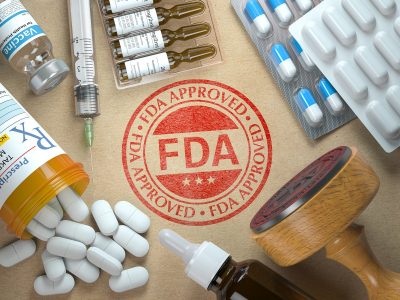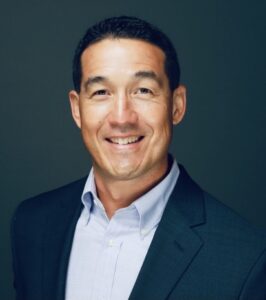
This week, our guests examine the quality of medications. Does importing a majority of our medicines from plants in places like India or China compromise our national security? Just how well does the FDA monitor drug quality?
You may want to listen through your local public radio station or get the live stream at 7 am EDT on your computer or smart phone (wunc.org). Here is a link so you can find which stations carry our broadcast. If you can’t listen to the broadcast, you may wish to hear the podcast later. You can subscribe through your favorite podcast provider, download the mp3 using the link at the bottom of the page, or listen to the stream on this post starting on March 4, 2023.
Red Flags on Drug Quality:
Over the last few decades, the drug supply chain has changed significantly. During much of the 20th century, the prescription drugs Americans took had been made in the US, for the most part. At one point, many were brand-name medicines protected by patent. The widespread introduction of generic medications helped patients save money, but it also opened the market to products manufactured outside the country. Can the FDA monitor drug quality of medicines from remote locations?
One problem that cropped up early in the 21st century was the 2008 heparin scandal. Chinese manufacturers supplying a critical raw ingredient for this anticoagulant substituted oversulfated chondroitin sulfate, presumably because it was cheaper. The problem was discovered only after many people became ill and some died (Perfusion, Jan. 2013).
Drug Shortages Cause a Difficult Dilemma:
The FDA conducts inspections in the US without previous notice. Prescription drug facilities, OTC product manufacturers and even supplement and botanical product makers are all subject to surprise inspections. In other countries, inspections entail visas, permits and other arrangements. Manufacturers have time to prepare for inspections, but even under these circumstances, the inspectors sometimes find serious problems.
In at least one instance, investigative journalist Anna Edney learned that quality control documents had been shredded and just missed being carted away. Nonetheless, because the chemotherapy drug being made at the plant was in short supply, the FDA waived its usual action. Normally, the company would not have been able to import any product made in the plant to the United States. However, with too little of this crucial compound available for treating cancer patients, the FDA encouraged the manufacturer to continue bringing it in to the country.
Military Supply Chains Reveal Shortcomings in How FDA Monitors Drug Quality:
Retired Colonel Victor Suarez spent a good part of his military career making sure that the US Army had the sets, kits and outfits that it needed. These are used in varying settings from first aid stations to large field hospitals, and they frequently contain medications such as doxycycline. A rapid increase in the price of this antibiotic from 3 cents to $5 a pill caught his attention. As he began to consider the quality of the drugs in the supply chain, the national security implications loomed large.
As the system is currently set up, the most important criterion in a purchasing decision is price. Can we change the system so that quality is equally or more important? Victor Suarez points out that around 50% of the medications purchased for military use come from high-risk or very high-risk sources, such as potential adversaries. This could result in severe shortages–or worse–in a time of active military confrontation.
How Well Does the FDA Monitor Drug Quality?
In 2022, Congress mandated a risk assessment of the pharmaceutical supply chain. Although the FDA had established a global program in 2015, the agency acknowledged that it had no formal means for quality assurance other than inspection. This may not be a reliable indicator of drug quality. One possible approach might be testing by an independent third party, but so far the agency is not enthusiastic about this.
This Week’s Guests:
Anna Edney is National health care reporter for Bloomberg News.
https://www.bloomberg.com/authors/AP519FMOg7w/anna-edney

Anna Edney, Bloomberg News
Victor Suarez, Colonel (ret), US Army: After service of over 27 years in the U.S. Army in worldwide operational, healthcare supply chain, acquisition, and product development roles, including two combat tours in the Middle East as a medical company and battalion commander, Victor Suarez now serves as a senior advisor and national representative for Securing America’s Medicines and Supply. SAMS is a multi-industry coalition of companies with the mission to strengthen the security of the medical supply chain in the United States.

Victor Suarez, SAMS
Listen to the Podcast:
The podcast of this program will be available Monday, March 4, 2024, after broadcast on March 2. You can stream the show from this site and download the podcast for free.


Steve
Hardly a surprise that nobody in the U.S. government monitors our drug supply for quality and accuracy. Heck, when lead contamination in cinnamon from at least 6 companies poisoned children’s apple sauce in the U.S., what was done? Nothing much: a short news story and a lame recall alert. I worry about my medications all the time, wondering if it is really what I purchased. The FDA stinks.